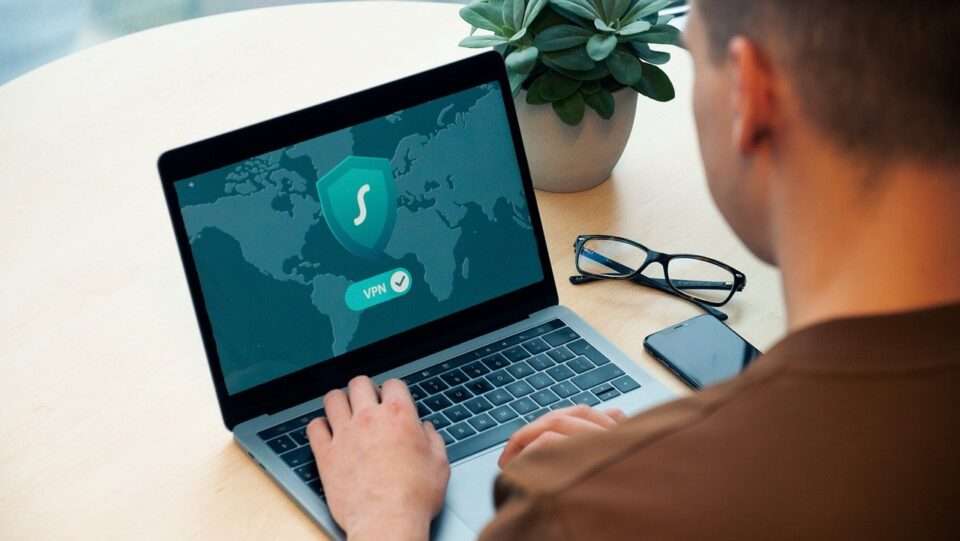VPN stands for virtual private network and is one of the most important pieces of software any internet user needs.
VPNs are designed to keep your activity and information secure and safe, so cyber criminals can’t pinch your data.
What Do VPNs Do?
VPNs hide your personal information so that companies and criminals cannot use the information to influence your advertisements or steal your information. You may wonder “what does a VPN hide”, and the answer is simpler than you might expect.
VPNs are designed to hide 4 things – your IP address, your location, your personal data, and your online activity.
The best VPNs on the market will also be able to hide themselves. This means that prospective criminals won’t be able to figure out which VPN you are using, so it will be even harder for them to hack the system.
IP addresses are the unique identifiers that your computer uses to interact with the internet. Officially called Internet Protocol address, you can think of them as your computer’s name. Hiding this information means your secure connection will be protected.
Your personal data is all the information stored on your device. This can be your home address, your name, your phone number, your email address, and your passwords. Keeping your passwords safe means criminals cannot access information meant just for you, such as your banking details.
Your online activity refers to what you look at online. Retailers often download your online activity to figure out what you might be interested in. They then give you advertisements designed specifically for your interests. This isn’t necessarily a bad thing, however, it can influence your overall interests. Protecting you from this type of interaction means giving you more freedom online.
How Do VPNs Work?
VPNs protect your data by protecting your IP address. When you enter the internet, you have to use an internet service provider (ISP). They give you an IP address to allow you into the internet space.
With a VPN, you connect to the internet through the VPN and the ISP. The internet given to you by the ISP then enters the VPN. Once there the ISP cannot see any of your data. Imagine it like entering a room without any lights.
Because the ISP cannot see your IP address (or anything else), websites cannot see this information either. Darkness follows your IP address due to the shadow of the VPN. This allows you to interact with the internet freely, knowing no one is watching you.
That is a simplified version of events. In reality, once the VPN collects your IP address, it starts creating an encryption, like a code. The only thing able to decrypt it and read the code is you. Anyone else trying to look at your data will just see unreadable code.
How Do You Get A VPN?
To “get” a VPN, you simply need to go onto the website of a provider and download their app. Once downloaded you can install the VPN and connect to the internet. The service should happen straight away, protecting your data as soon as the connection is made.
You don’t need to buy a physical copy of anything, as VPNs only work in digital spaces. Simply download the application in your Google Play or App Store.
Be warned – once you have downloaded a VPN, your internet connection may slow down. This only occurs with free or cheap VPNs, so shop around for the best deals before you make a purchase.
Summary
Once you have your VPN installed, you don’t need to worry about your online data ever again. The VPN does all the hard work for you, so you can surf the web without wondering if anyone can see your information.

